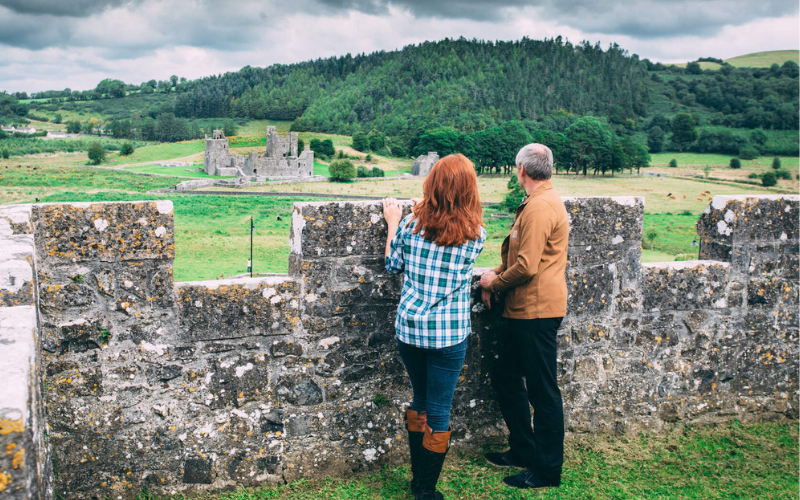THERE are some true-life adventure stories that will be told centuries from now. Thanks to the work of passionate writers and performers like Dublin's Donal O'Kelly, the epic Irish rescue story of the Catalpa will surely rank amongst them.
O'Kelly's play Catalpa - which opens this week at the Irish Arts Center in New York - tells the relatively little known story of a daring Irish rescue attempt that actually changed world history. Although it achieved near legendary status in the 19th century, the truth is the Catalpa story has faded over the years, and so it deserves to be retold in this highly anticipated show.
"I first heard the story in Perth in Western Australia back in 1992, when I was doing another one-man show," O'Kelly tells the Irish Voice. "I heard the story first hand from the locals and that got me hooked. The sheer scale of the Irish sea and land rescue operation amazed me, what those Irish men managed to accomplish. "
O'Kelly's one-man show tells of how in 1873 John Devoy, the Irish rebel leader, received a smuggled letter in his New York office from a former Fenian named James Wilson. For years Wilson had been imprisoned with other Irish political prisoners half a word away, in the dreaded Fremantle penal colony in Western Australia.
"What a death is staring us in the face," wrote Wilson in his unforgettable letter, "the death of a felon in a British dungeon, and a grave amongst Britain's ruffians. I am not ashamed to speak the truth, that it is a disgrace to have us in prison today.
"Think that we have been nearly nine years in this living tomb since our first arrest, and that it is impossible for mind or body to withstand the continual strain that is upon us. One or the other must give way."
To underline his message Wilson added, "Remember this is a voice from the tomb. For is this not a living tomb? In the tomb it is only a man's body that is good for worms, but in this living tomb the canker worm of care enters the very soul."
Wilson's powerful prose moved Devoy so deeply he resolved to help him. As a journalist for The New York Herald and an active member in Clan na Gael, Devoy was singularly well placed to take action. Wilson's letter had the power to boost morale and to bring the fight for Irish independence back into focus.
Says O'Kelly, "What attracts me so much to the story is its complexity of the main characters, they were just ordinary people. Yet there was something extraordinary in them that kept them working at the rescue attempt, even after facing mighty setbacks. They were complex, everyday people, they had some interesting strengths and weaknesses, and they were very far from perfect."
O'Kelly wryly notes that Devoy ran his national campaign to raise funds to rescue the men in the same way that President-elect Barack Obama just ran his - he got lots of people to make tiny donations to fund the much larger operation. Those small donations added up so quickly they caught everyone by surprise.
"Devoy was terrific at what he did. He inspired people to help and he got results quickly. But there were many others who did great work in the Catalpa story too, and I've included them in the show."
O'Kelly's great strength as a writer is that he consistently focuses on the human scale, including reflecting on the difficult choices his characters often have to make. The undeniable heroism of the people who risked it all to save these imprisoned Irish men leaves a lasting impression, as does O'Kelly's performance.
"The human rights aspect of the story inspired millions, including many people who knew nothing of Ireland, but who were still electrified by it. The trip took a year and a half to make - round trip by sea from New York to Australia, on the way including one of the most daring and successful rescue attempts ever made. It caught the imagination of the entire world, and it's no wonder."
Catalpa opens on Wednesday, November 12 at the Irish Arts Center, 553 West 51st Street in New York, and runs until November 30. For tickets call 212-868-4444.




Comments